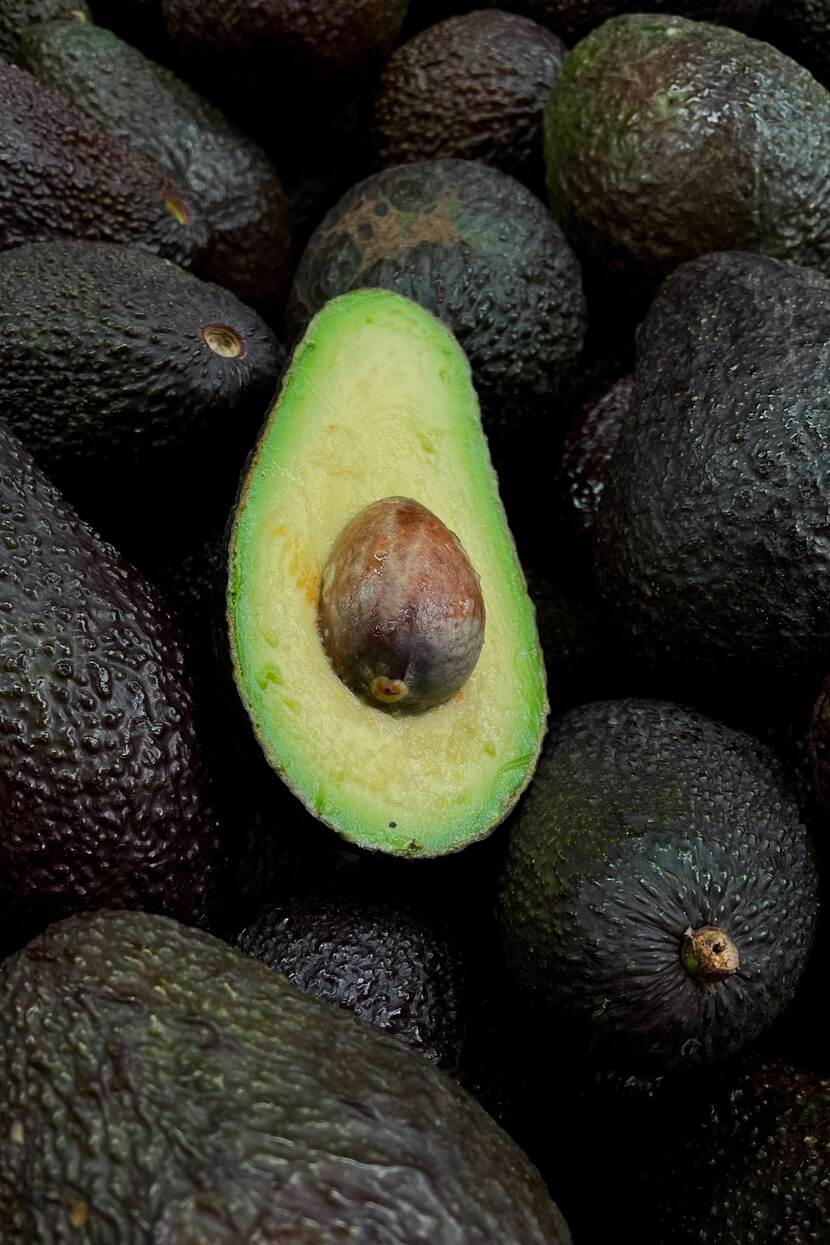Criminal violence threatens Mexico’s avocado sector
Mexico is the world’s biggest producer and exporter of avocados. Its current share of the global avocado market is 30%, meaning one out of three avocados in the world is produced in Mexico. Three-quarters of these avocados come from Michoacán, a region heavily affected by drug-related violence. Avocado producers from Michoacán are now taking up arms are getting organized into self-defense groups to fight against criminal groups and safeguard their avocado business.
Mexico’s avocado production and exports have seen impressive growth in recent years: In 2010, the value of its avocado exports was 666 million USD; a decade later, in 2019, this value was almost five times as much at 3.2 billion USD. The current avocado season (which runs from July 2020 through June 2021) will not be an exception, as exports this season have again broken records: during the second half of 2020, avocado export volumes were 11.8% higher than the previous year, according to avocado producer and exporter association APEAM.
Michoacán
Three-quarters of Mexican avocados are produced in the Central-Western State of Michoacán. Given its geographical location on the Pacific Coast, Michoacán has five different climate types and adequate soil to plant avocados, particularly the popular Hass variety. Michoacán is also the only state in Mexico with the phyto-sanitary certification to export its avocados to the United States.

The green gold
The money that is involved in the growing business of avocado, also called ‘the green gold’, has not only attracted businesses but also criminal groups to Michoacán. Over the last years, drug cartels such as the Cártel Jalisco Nueva Generación (CJNG), Cárteles Unidos and los Viagras have increased their presence in State and have resorted to kidnappings, shootings, murders and extortion in order to gain control of the land and its resources. These cartels threaten the local population, the majority avocado producers, to give up their land and their products. Cartels also fight against each other over control of the land, often with the local population in the middle of competing cartels. Given the US market’s dependence on Michoacán for its avocado supply, this violence could also disrupt supply chains.
Self-defense groups
Faced with the growing violence of such criminal groups, some 3.000 men and women from four municipalities in Michoacán (Arios de Rosales, Salvador Escalante, Nuevo Urecho and Taretan) have recently started to organize themselves in a self-defense group, called Pueblos Unidos (United Villages). In order to protect their lives and incomes, and in absence of effective protection from the authorities, they decided to take up arms and set up checkpoints across the region. Villagers setting up blockades of highways and railways that connect the region to the port of Lazaro Cardenas, have also become more and more common, threatening supply chains not only of avocados but of other products as well. Last week, at least 70 members of Pueblos Unidos put up a week-long railway blockade in the Taretan municipality of Michoacan to force authorities to act after the disappearance of one of its members, causing an estimated daily cost of over 2 million EUR.
Between 75% and 80% of Mexican avocado exports are exported to the US. In 2019, The Netherlands was the sixth largest importer of Mexican avocados, after the US, Canada, Japan, Spain and Honduras. While the share of Mexican avocados in the Dutch avocado imports has grown, the majority of avocados imported by The Netherlands are from Peru, Colombia, Chile and South Africa.